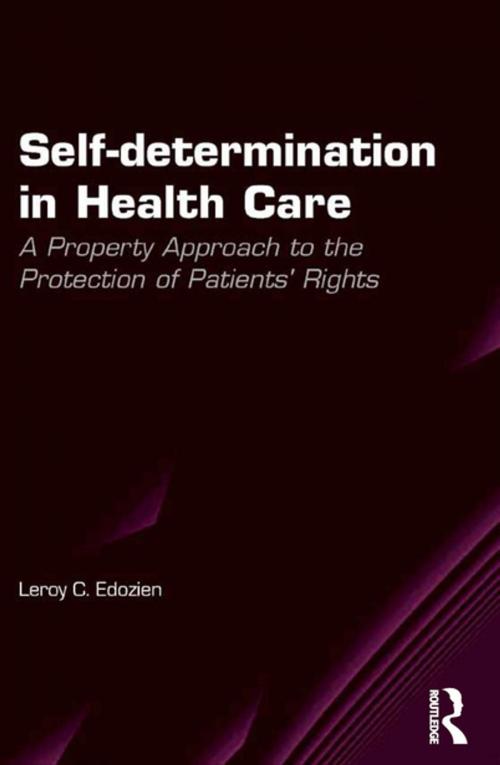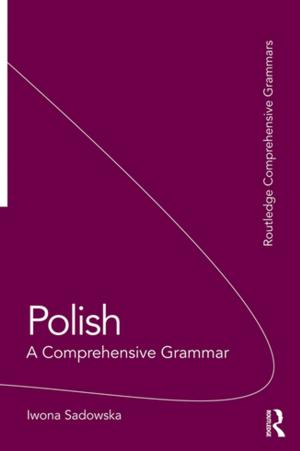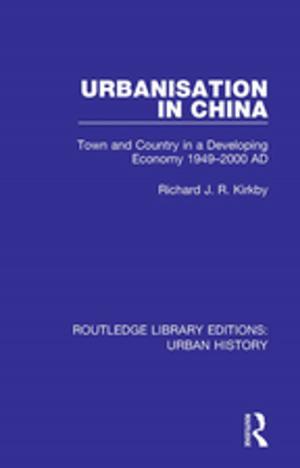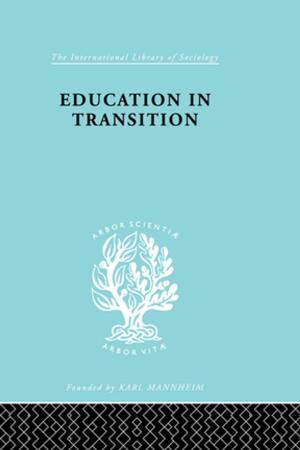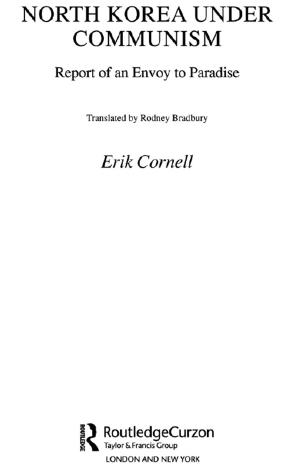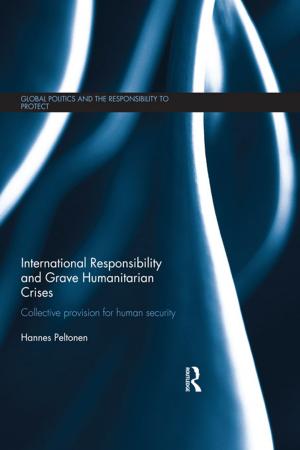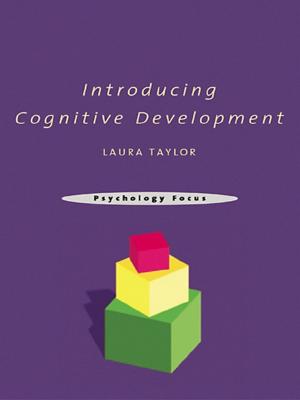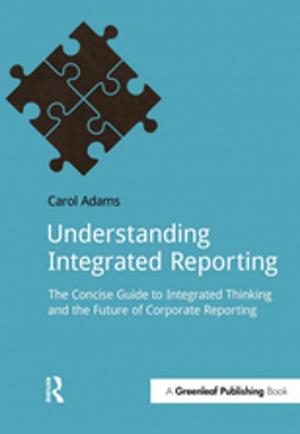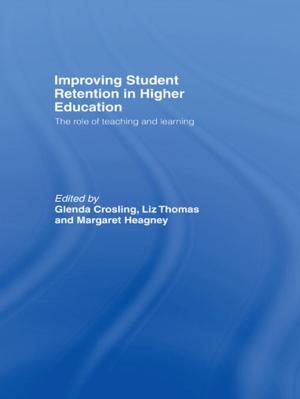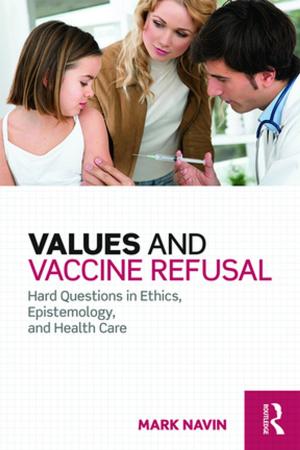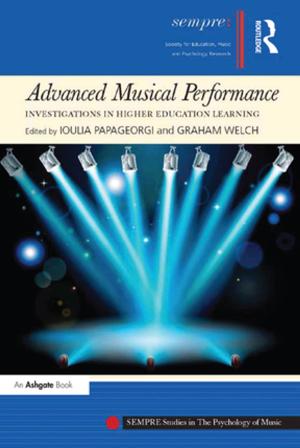Self-determination in Health Care
A Property Approach to the Protection of Patients' Rights
Nonfiction, Reference & Language, Law, Jurisprudence, Health & Well Being, Medical, Reference, Health Policy| Author: | Leroy C. Edozien | ISBN: | 9781317057420 |
| Publisher: | Taylor and Francis | Publication: | March 3, 2016 |
| Imprint: | Routledge | Language: | English |
| Author: | Leroy C. Edozien |
| ISBN: | 9781317057420 |
| Publisher: | Taylor and Francis |
| Publication: | March 3, 2016 |
| Imprint: | Routledge |
| Language: | English |
It is generally accepted in legal and bioethical discourse that the patient has a right to self-determination. In practice though, this is often not the case. Paternalism is waning and it is increasingly recognised that there are values other than medical factors which determine the choices that patients make. Unfortunately, these developments have not resulted in huge advances for patient self-determination, which is largely because the consent model has fundamental flaws that constrain its effectiveness. This book sets out to offer an alternative model to consent. In the property model proposed here, the patient’s bodily integrity is protected from unauthorised invasion, and their legitimate expectation to be provided with the relevant information to make an informed decision is taken to be a proprietary right. It is argued that the property model potentially overcomes the limitations of the consent model, including the obstacle caused by the requirement to prove causation in consent cases. The author proposes that this model could in the future provide an alternative or complementary approach for the courts to consider when dealing with cases relating to self-determination in health care.
It is generally accepted in legal and bioethical discourse that the patient has a right to self-determination. In practice though, this is often not the case. Paternalism is waning and it is increasingly recognised that there are values other than medical factors which determine the choices that patients make. Unfortunately, these developments have not resulted in huge advances for patient self-determination, which is largely because the consent model has fundamental flaws that constrain its effectiveness. This book sets out to offer an alternative model to consent. In the property model proposed here, the patient’s bodily integrity is protected from unauthorised invasion, and their legitimate expectation to be provided with the relevant information to make an informed decision is taken to be a proprietary right. It is argued that the property model potentially overcomes the limitations of the consent model, including the obstacle caused by the requirement to prove causation in consent cases. The author proposes that this model could in the future provide an alternative or complementary approach for the courts to consider when dealing with cases relating to self-determination in health care.
